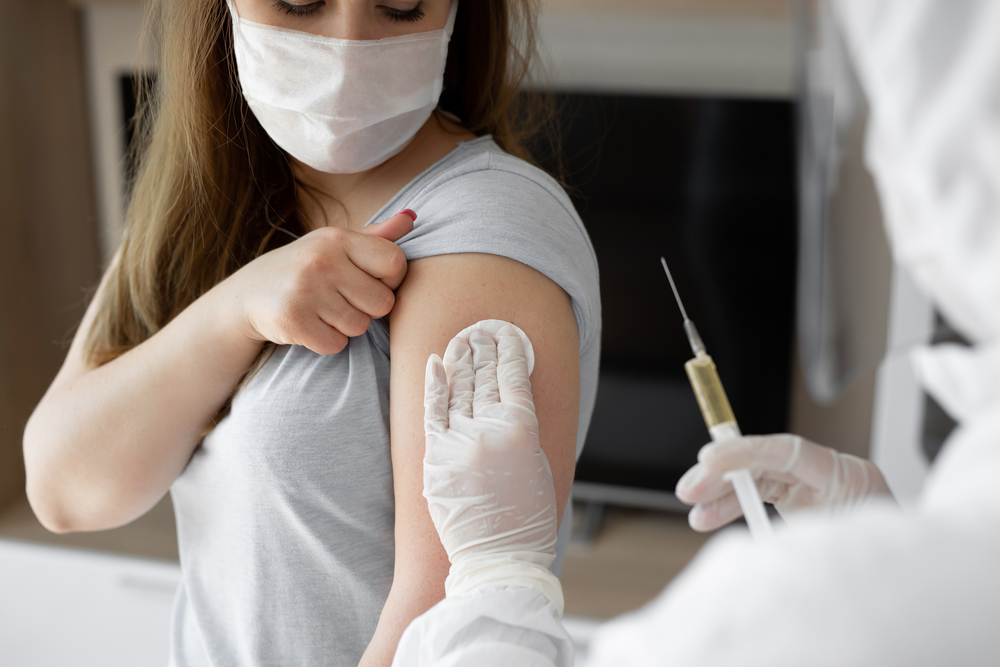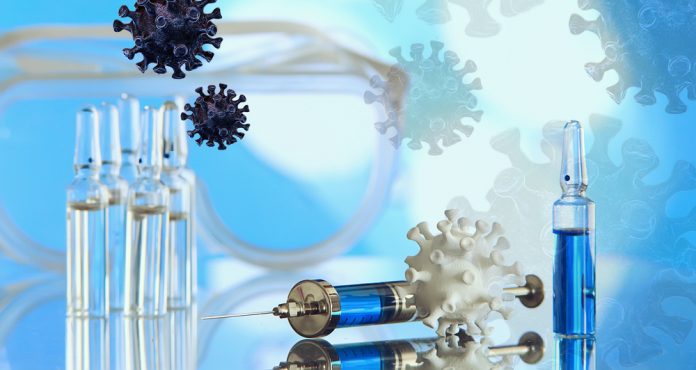Prime Minister Scott Morrison is confident Australians will start receiving coronavirus jabs early next year as three overseas vaccine candidates excel in trials.
Vaccines by AstraZeneca-University of Oxford (UK), Pfizer-BioNtech (USA) and Moderna (USA) have all reported high success rates in trials – of between 90 and nearly 95 per cent – fuelling hopes of an end to the pandemic.
China and Russia have also been pursuing their own experimental vaccines, with Russia announcing its Sputnik V is 92 per cent effective and cheaper per dose ($14).
Buoyed by the effectiveness of immunisation trials, the big drug companies are pushing ahead with plans to seek early approvals in the USA and UK and begin rolling out the drugs as soon as December and into 2021.
But not all vaccines are created equal and each vaccine has its own advantages and disadvantages which could impact the cost and ability to transport the medications around the world.
The following is what we know about the race to deliver vaccines to help end the coronavirus pandemic that has claimed more than 1.34 million lives worldwide.
Which vaccine is furthest along?
US drugmaker Pfizer Inc and German partner BioNTech SE released final trial data in November that showed their shot was 95 per cent effective at stopping COVID-19, the highest efficacy rate so far.
Also in November, US pharmaceutical company, Moderna Inc, released interim data showing its vaccine worked in a late-stage clinical trial with a 94.5 per cent efficacy rate.
Interim late-stage trial results for Russia’s Sputnik V vaccine published on November 11 showed it to be 92 per cent effective.
AstraZeneca said on Monday its vaccine for the novel coronavirus, developed by Oxford University, could be around 90 per cent effective with the right dosage pattern, without any serious side effects.
The University of Queensland vaccine is also showing strong signs.
What happens in these trials?

The companies are testing their vaccines against a placebo – typically saline solution – in healthy volunteers to see if the rate of COVID-19 infection among those who had the vaccine is significantly lower than in those who received the dummy shot.
The trials rely on subjects becoming naturally infected with the coronavirus, so how long it takes to generate results largely depends on how pervasive the virus is where trials are being conducted.
Each drugmaker has targeted a specific number of infections to trigger a first analysis of their data.
Early in the trials, infection rates were low. With a surge in infections around the globe in October and November, trial participants became infected more quickly.
How well are the vaccines supposed to work?
The World Health Organisation ideally wants to see at least 70 per cent efficacy in trials.
The US Food and Drug Administration wants at least 50 per cent – which means there must be at least twice as many infections among volunteers who received a placebo as among those in the vaccine group.
The European Medicines Agency has said it may accept a lower efficacy level.
When will the drugs be approved as safe?
Pfizer/BioNTech plan to submit an application in the United States very soon.
Moderna aims to file an application in the coming weeks once it has the two months of safety data on half the trial participants, as required by the US Food and Drug Administration. That should happen in the second half of November.
AstraZeneca said on Monday it will immediately prepare regulatory submission of its data to authorities around the world that have a framework in place for conditional or early approval.
Russia drew international criticism for giving Sputnik V regulatory approval before it underwent advanced testing among tens of thousands of people required to ensure its safety and effectiveness.
Could these drugs be the first on the market?
Yes, although China launched an emergency use program in July aimed at essential workers and others at high risk of infection that has vaccinated hundreds of thousands of people.
At least four Chinese vaccines are being developed including those from China National Biotec Group (CNBG), CanSino Biologics and Sinovac Biotech.
Russia has also given the Sputnik V vaccine developed by the Gamaleya Institute to 10,000 members of the general population considered at high risk of contracting the virus.





